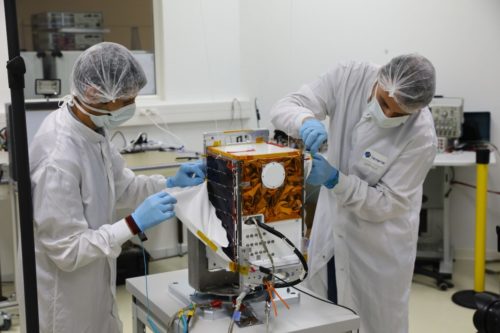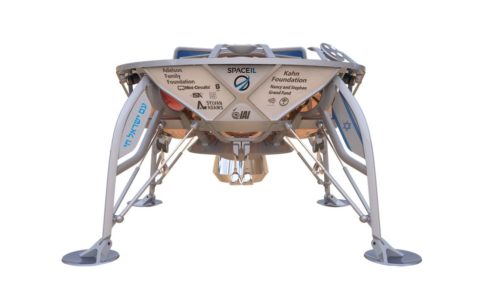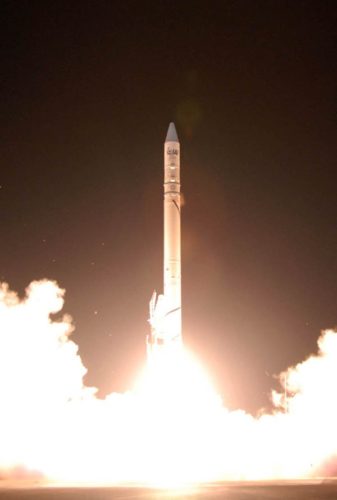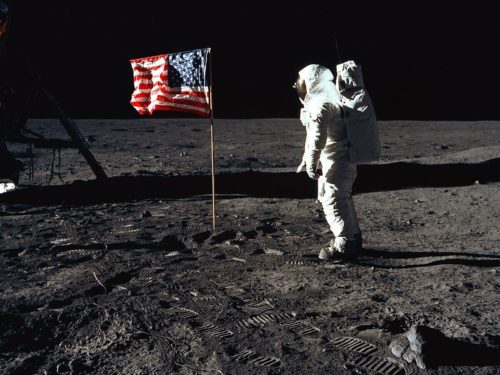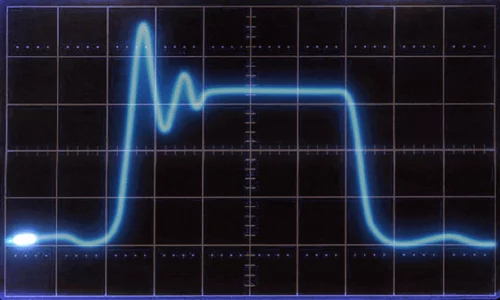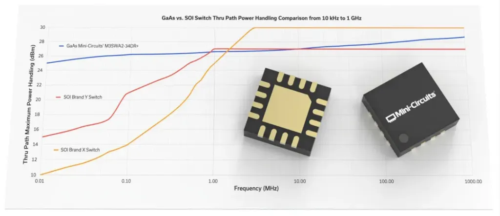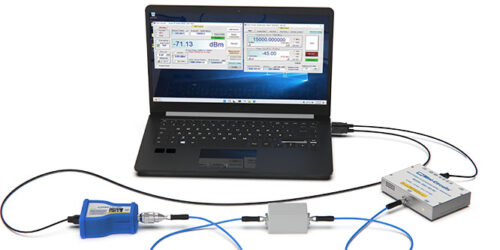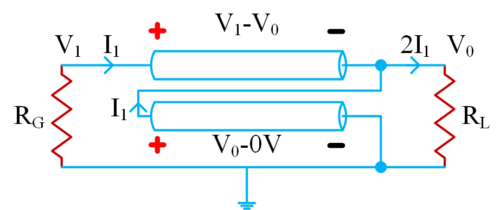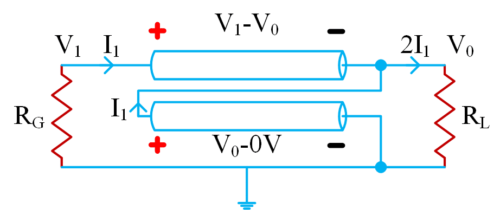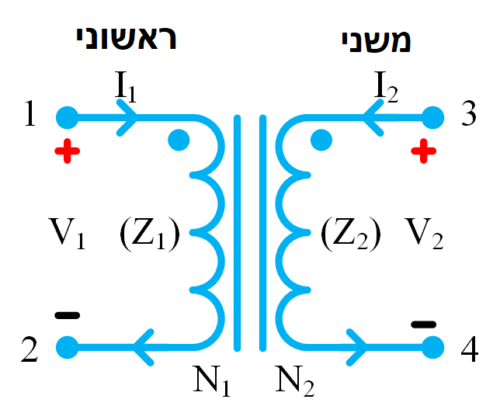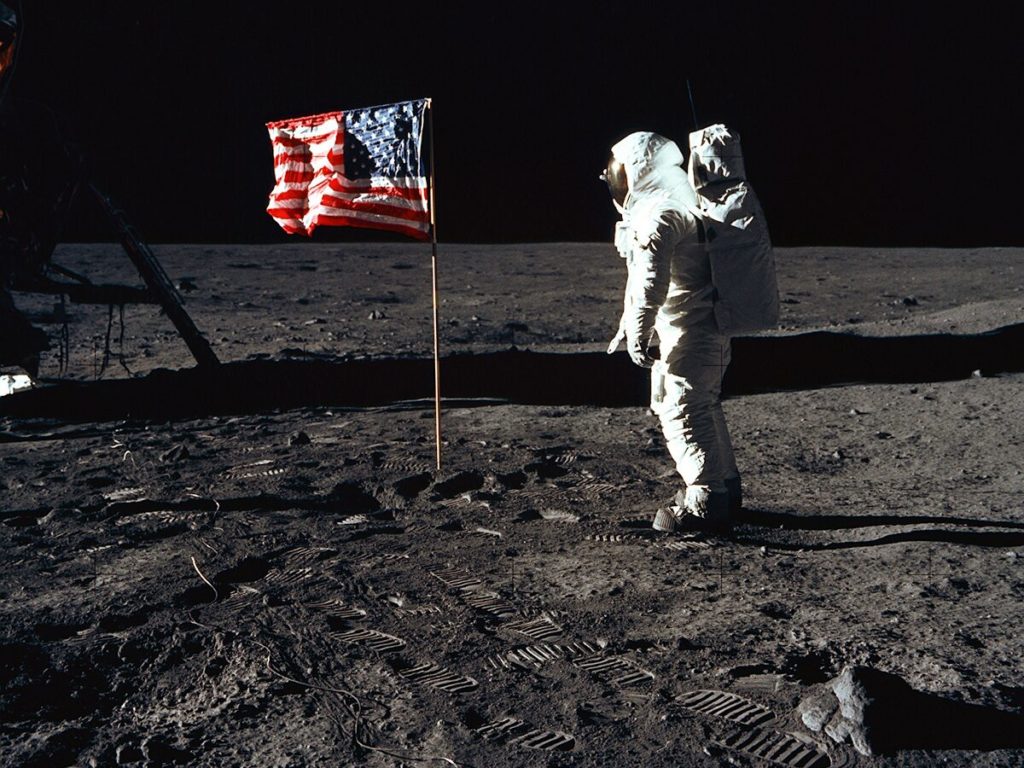
The Global Space Industry
Moshe Doubior, Business Development Manager
MCDI, Mini-Circuits Exclusive Representative in Israel
Space has fascinated and perplexed humans since the beginning of time. Evidence stretches back to prehistory, and space and stars can be found in religions, mythology, cosmology, and astrology. Our basic existence is dependent on the stars, moon, and sun, and our calendars, days, seasons, and so on are all related to them and their cycle. From the period when people thought the earth was flat to now, especially in the last half-century, space exploration has made great advances forward, with some even talking about making humanity multi-planetary.
A step back in time
Apollo 11 was the first spacecraft to land humans on the moon, on July 20, 1969, at 20:17 UTC. Over 600 million people watched live as Neil Armstrong took his first steps on the moon’s surface and said, “That’s one small step for man, one giant leap for mankind.” (Listen: https://www.nasa.gov/wav/62284main_onesmall2.wav )
This is something I recall vividly. As a small child (about 5 years old), I was completely taken by this. This event left an imprint on my child’s memory and has stayed with me for the past 53 years. The following year, I received the “Dreamer” award at school (award that was especially designed for me). Although it was not the biggest prize I had ever received, I recall running to accept it with great pride. Star Wars, Star Trek, and a plethora of sci-fi literature and comics accompanied my adolescent life, and these, like many other kids at the time, fueled my imagination and fascination with space. And, even today, when anything from science fiction becomes a reality, it still astounds me like a child. And, boy, there are so many fictitious things on the cusp of becoming reality. I hope to see as many as possible in my lifetime!
Space exploration has progressed since the first manned moon landing, with subsequent lunar landings, probes to Venus, Mars, and Mercury, the Soviet Salyut Space Station, the US Skylab Space Station, the Space Shuttle, and the International Space Station (ISS), to mention a few. One noteworthy development occurred in the recent decade. Space has evolved from being the domain of governments and government organizations to “New Space,” with private enterprise playing a significant role in space research and exploration. Companies are currently launching satellites at a faster rate, ferrying astronauts to the International Space Station, planning planet colonization, and racing to develop the next revolutionary space technologies. Today, the Space Economy is valued at over $400 billion, with a 60 percent increase in the last ten years and is expected to reach $1.4 Trillion by 2030 (Bank of America). This new space economy’s major commercial driver is in low earth orbit (LEO), but it will surely spread further in the future, with deep space exploration, more lunar landings, asteroids mining, space tourism and more, so “watch this space!”
The Global Space industry today
Global space investment is estimated to rise to $642 billion by the end of the decade at a 6.3 percent annual growth rate. According to Euroconsult, approximately 75% of total investments are for commercial purposes; 16% are for government purchases, half for security and half for civilian purposes; and 9% are for additional government spending. Navigation (51 percent) and satellite communications are the most popular applications (41 percent). In terms of distribution by value chain, investment in manufacturing is anticipated to be $25 billion, $8 billion in launch, $4 billion in ground control and control, $15 billion in satellite operation, and $285 billion in services and applications delivered to end users.
Governments build the infrastructure on the path to space, much as they do for transportation or aviation, and commercial applications are created on top of it.
Mini-Circuits is well positioned, having supported customers with space qualified components for over 30 years and serving numerous Tier 1 companies in the Space and Quantum industries. Mini-Circuits also offers an efficient space qualification program (https://www.minicircuits.com/ads/space-upscreening.html) where most of our catalog and custom components can be up screened in-house for Mil Standard or equivalent (with EEE-INST-002 Compliant Workflows) in as little as 90 days. Our in-house screening reduces costs and accelerates the customer’s project timeline.
Additional parts in this mini-series:


